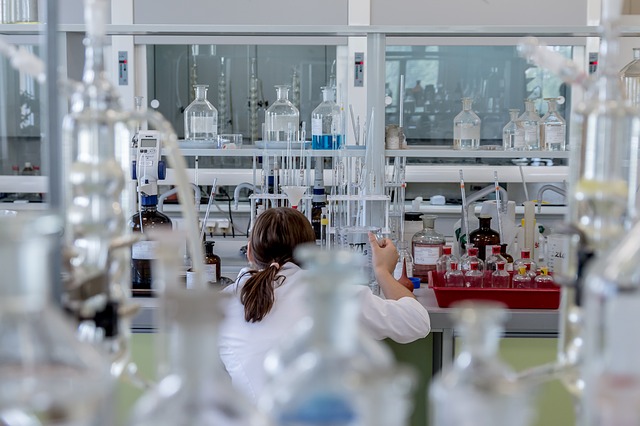Public Views of Gene Editing for Babies Depend on How It Would Be Used
By Cary Funk and Meg Hefferon,
Pew Research Center
| 07. 26. 2018
Americans’ views on the appropriateness of changing a baby’s genetic characteristics depend in large part on the intended purpose and on whether or not human embryos would be used in testing these techniques. A majority of Americans support the idea of using gene editing with the goal of delivering direct health benefits for babies, but at the same time, a majority considers the use of such techniques to boost a baby’s intelligence something that takes technology “too far.”
About seven-in-ten Americans (72%) say that changing an unborn baby’s genetic characteristics to treat a serious disease or condition that the baby would have at birth is an appropriate use of medical technology, while 27% say this would be taking technology too far. A somewhat smaller share of Americans say gene editing to reduce a baby’s risk of developing a serious disease or condition over their lifetime is appropriate (60% say this, while 38% say it would be taking medical technology too far). But just 19% of Americans say it would be appropriate to use gene editing to make a baby more...
Related Articles
By David Jensen, California Stem Cell Report | 02.10.2026
Touchy issues involving accusations that California’s $12 billion gene and stem cell research agency is pushing aside “good science” in favor of new priorities and preferences will be aired again in late March at a public meeting in Sacramento.
The...
By Alex Polyakov, The Conversation | 02.09.2026
Prospective parents are being marketed genetic tests that claim to predict which IVF embryo will grow into the tallest, smartest or healthiest child.
But these tests cannot deliver what they promise. The benefits are likely minimal, while the risks to...
By Mike McIntire, The New York Times | 01.24.2026
Genetic researchers were seeking children for an ambitious, federally funded project to track brain development — a study that they told families could yield invaluable discoveries about DNA’s impact on behavior and disease.
They also promised that the children’s sensitive...
By Arthur Lazarus, MedPage Today | 01.23.2026
A growing body of contemporary research and reporting exposes how old ideas can find new life when repurposed within modern systems of medicine, technology, and public policy. Over the last decade, several trends have converged:
- The rise of polygenic scoring...




